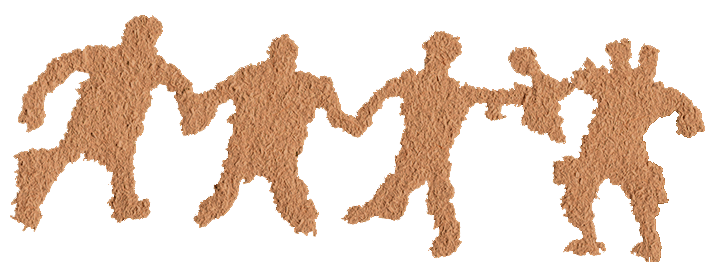| apsihtaqsu |
h/ voice sounds faint |
| cinahqolamu |
s/he has bass voice, has deep voice |
| 'cipsotuwal |
s/he finds h/ voice or h/ words frightening |
| ckuhtaqsu, ckuwihtaqsu |
s/he sounds as if s/he is coming toward here; h/ voice (or other sound s/he is making) is coming this way |
| eqtaqsu |
s/he stops making noise (with mouth, voice) |
| kaktaqsu |
h/ voice is rough or hoarse; s/he croaks |
| kcahqalokotune |
s/he has loud voice, is loud; s/he is loudmouth |
| kcahqewe |
s/he has loud voice |
| kini-qtakone |
s/he has throaty voice |
| komittaqsu |
s/he drowns out others w/ voice, speaks so loudly that others cannot be heard |
| kpihtonehtaqsu |
s/he has nasal voice; s/he sounds as if nose is stuffed up |
| kpocale |
s/he is hoarse, h/ voice is hoarse |
| mocihtaqsu, moctaqsu |
s/he sounds bad; s/he has unpleasant voice |
| mocsotasu |
s/he sounds bad to self, dislikes sound of own voice |
| motehtaqsu |
h/ voice is heard (but s/he is not seen) |
| oloqihtaqsu |
sound of h/ comes from that direction, it sounds as if he is over there; h/ voice is heard from that direction; s/he sounds that way |
| pehqihtaqsu, peqtaqsu |
h/ voice sounds familiar (after not having been heard for a long time) |
| 'peqsotuwal |
s/he finds h/ voice familiar (after not hearing it for a long time) |
| piluwi-qtakone |
(boy going through puberty) his voice changes |
| piyemi-kcahqewe |
s/he has louder or loudest voice |
| sestaqsu |
s/he squeals, s/he has sharp voice |
| wewsotuwal |
s/he recognizes h/ voice, recognizes h/ by sound of h/ voice |
| wolihtaqsu, woltaqsu |
s/he sounds good; (person) s/he has pleasant voice; (bird) s/he has pretty call |
| wolsotaqsu |
s/he speaks or sings pleasantly, h/ voice is pleasing to the ear |
